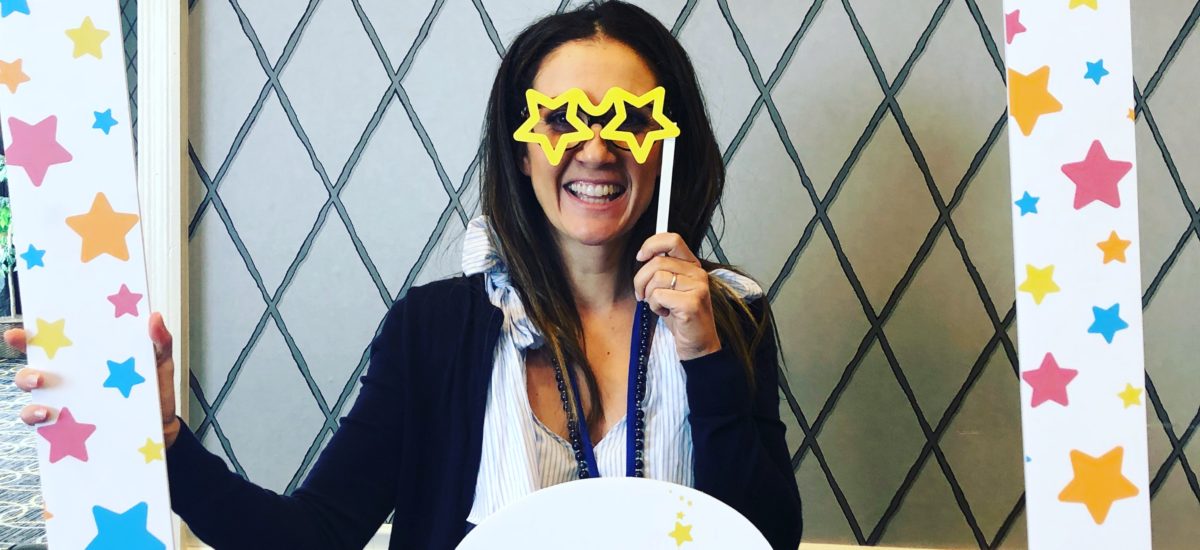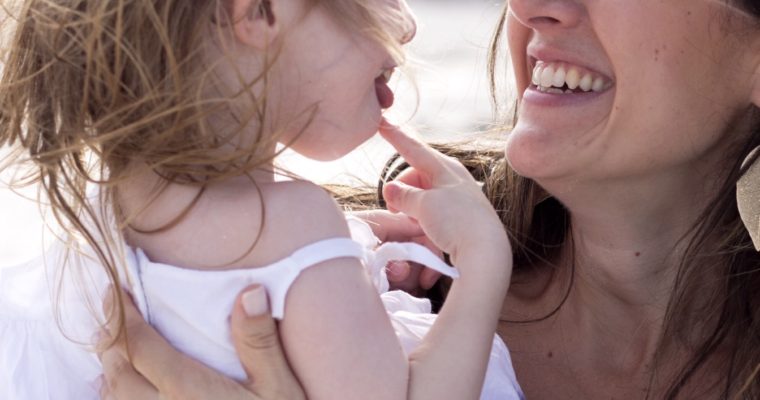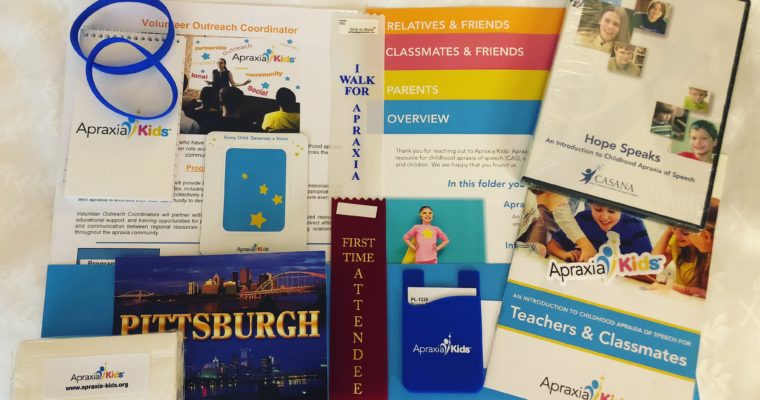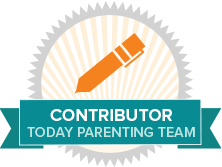Childhood Apraxia of Speech is a neurological disorder affecting motor speech and sound production. Children with Apraxia typically have full receptive speech language and can understand everything that everyone says to them. The best way to help improve sound and speech production is through regular speech therapy with qualified Speech Language Pathologists (SLPs) and at-home practice performed by parents or caretakers. Children with Apraxia often have difficulty getting their brain to send the correct signals to their mouths to form the words that they want to say. Often times this leads to great frustration and ultimately, they shut down. While many wonderful people that encounter a child that has Apraxia are understanding and sympathetic, there are a number of people that parents of children with Apraxia encounter who lack compassion and common sense. If you have never heard of Apraxia before, a great resource to learn about it can be found on the Apraxia Kids website. And remember, if you encounter a parent of a child with Apraxia, please pause to put yourself in our shoes, and don’t be one of the culprits who say any of the following:
10. You’re lucky, I wish my kids would shut up.
9. You’re spoiling him/her.
8. But s/he looks so normal.
7. My child was a late talker too.
6. S/he’s just lazy.
5. Have you tried {insert unsolicited advice regarding snake oil or witchcraft}?
4. He’s a boy, they talk later.
3. Just send him/her to school, s/he will start talking.
2. Don’t worry, s/he will outgrow it and then you’ll wish s/he would shut up.
1. S/he’ll talk when s/he’s ready.
Let’s do a quick rundown of why the above are inappropriate.
10. While we know you mean well, and humor is a great way to navigate through an uncomfortable situation, this punchline misses the mark. Parents of children with Apraxia hope, wish, dream and pray for the day when their children will speak.
9. Schlepping your apraxic child to endless therapy sessions isn’t spoiling, it’s being a loving and responsible parent, doing everything possible to help their condition improve.
8. Just don’t. And what is “normal” anyway?
7. Your definition of late is way different than ours.
6. They’re not lazy. They’ve shut down out of frustration. Apraxic children work extremely hard both in speech therapy and at home to train their brains to get their mouths to form the words and sounds needed to speak.
5. While these suggestions may be well-meaning, there is no magic pill to cure Apraxia. There are many wonderful natural supplements that parents often provide to support their children, but these are personal choices and should not be a topic for controversy or ridicule. Period.
4. This has absolutely no medical or scientific evidence supporting its validity. Both boys and girls have Apraxia.
3. While the old adage of peer modeling often helps encourage children to mimic their peers, when Apraxia is suspected or diagnosed, this is not the cure-all. Often times children with Apraxia who get frustrated when people don’t understand them will become recluse or engage in independent play.
2. Improvement will not be seen without intervention. It’s not something you just “outgrow” on your own. And trust me, we will welcome the incessant talking when it occurs!
1. That’s not how it works. It takes an immense amount of motor planning, muscle memory, repetition, speech therapy, hard work, tears, cheers, love and support. Join our team and help cheer on our little warriors!
© Copyright 2018 Twinstant Gratification, LLC
Tamar Blazer is an attorney-turned-twin mom, with a passion for her family, friends, writing, good food, home decor and laughing. When she’s not lamenting on her lack of sleep, you can find her doing one of the too many projects she likes to take on, usually with a twin on either side.









